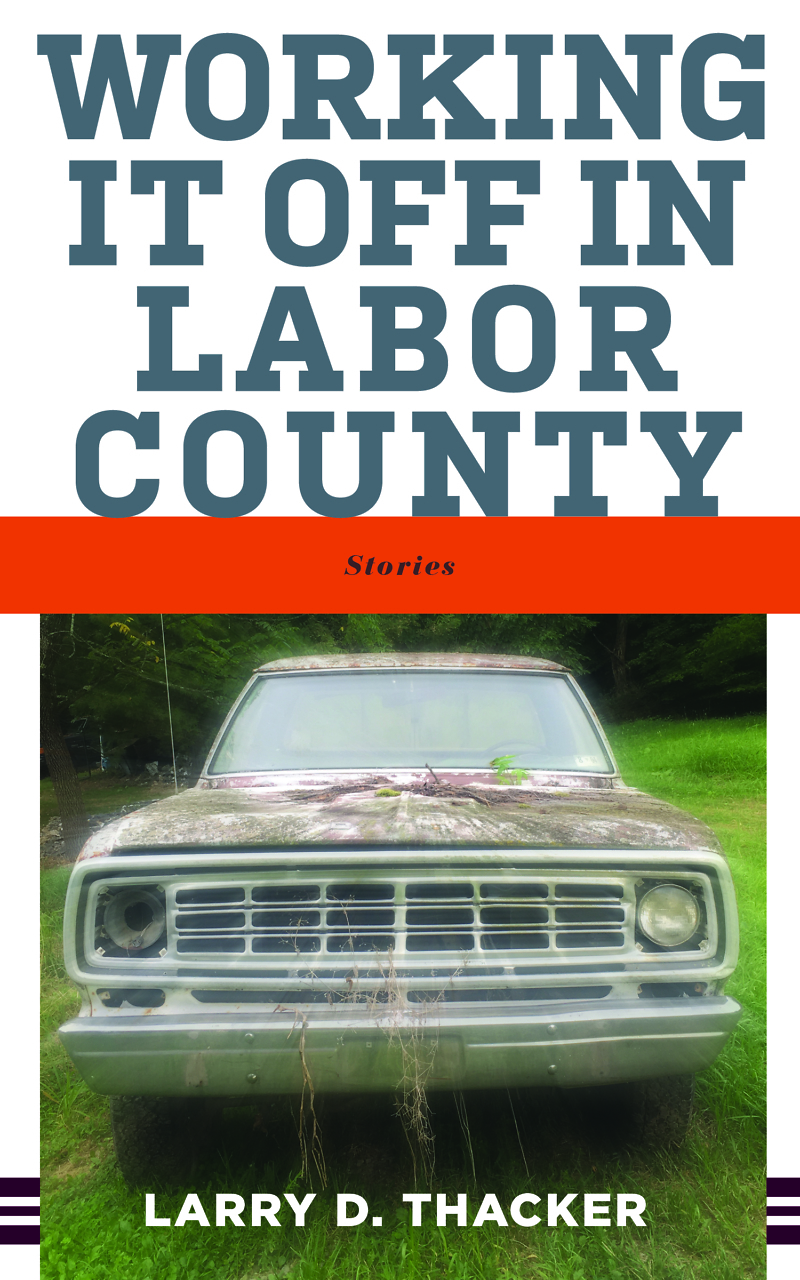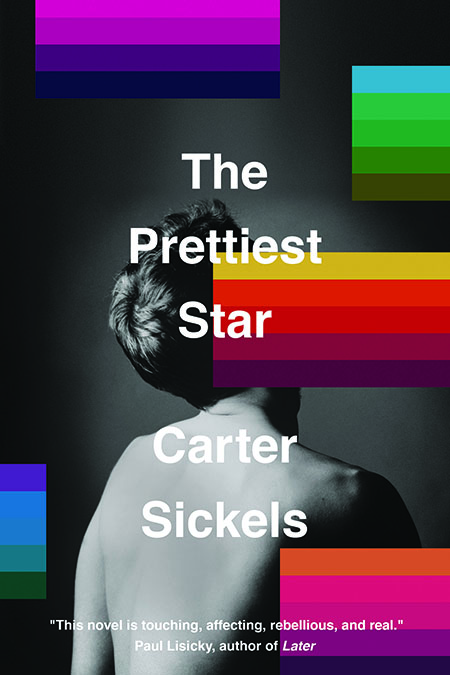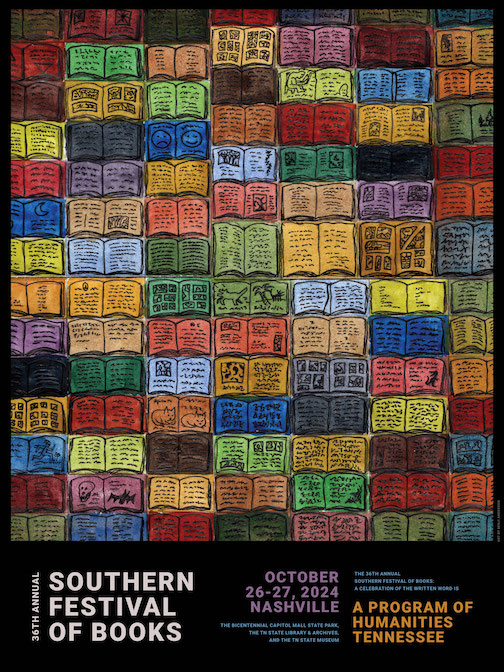Positively Dolly
Dolly Parton, Songteller places the country icon’s songwriting at the center of her story
Dolly Parton, Songteller: My Life in Lyrics follows the country legend’s life and career from her earliest days growing up in Appalachia to her most recent creative ventures. Co-written by Parton and Nashville-based music journalist Robert K. Oermann, Songteller includes full lyrics to 175 of Parton’s songs, as well as unabashed anecdotes from the remarkable woman with the “Smoky Mountain DNA” who penned them.
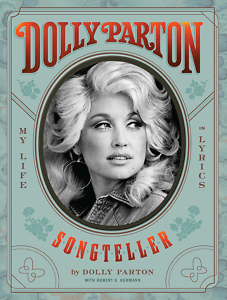 In her 60-year career, Parton’s image has gone through varying iterations in the public consciousness. She first gained attention as Porter Wagoner’s pretty young duet partner. To my mother’s generation, she’s the “Islands in the Stream”-singing, 9-to-5-starring crossover superstar with the enviable haircut. To my generation, she is an icon: the winner of numerous lifetime achievement awards, the legend with a Netflix series (2019’s Heartstrings) and viral podcast (WNYC’s “Dolly Parton’s America”) to prove her enduring relevance.
In her 60-year career, Parton’s image has gone through varying iterations in the public consciousness. She first gained attention as Porter Wagoner’s pretty young duet partner. To my mother’s generation, she’s the “Islands in the Stream”-singing, 9-to-5-starring crossover superstar with the enviable haircut. To my generation, she is an icon: the winner of numerous lifetime achievement awards, the legend with a Netflix series (2019’s Heartstrings) and viral podcast (WNYC’s “Dolly Parton’s America”) to prove her enduring relevance.
But to Dolly herself, she has always been one thing above all others: a writer. In the early pages of the book, she explains, “I decided to call my book Songteller because that pretty much sums me up. I love songs. I love to tell stories, and most of all, I just love to write. It’s just who I am.”
Writer Dolly comes through in Songteller. Not only do we get to marvel over lyrics from a small sampling of the 3,000 songs she’s written, but we get to read Parton’s take on what inspired the songs, where she was when she wrote them, and what they mean to her now. Despite the book’s gorgeous and glittering embossed cover and coffee-table format, Songteller reads like a memoir. Parton’s voice — emotive and funny — kept me turning pages.
She begins with stories of her “hardscrabble” upbringing. One of 12 children, Parton was raised in Sevierville, at the foot of the Great Smoky Mountains. At her birth, the family paid the local doctor a sack of cornmeal for delivering Dolly. Songteller includes the lyrics to “Dr. Robert F. Thomas,” which honors the late doctor’s legacy and impact on her and her hometown.
Parton describes early days as a teenage entertainer, her aunts and uncles driving the young singer between Sevierville and Knoxville for radio appearances. It takes a village, as they say, and Dolly thanks the behind-the-scenes players from Tennessee who saw her off to stardom.
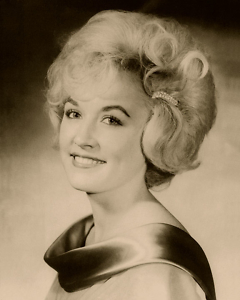
The pages of full lyrics remind readers of Parton’s finesse as a fiction writer. She populates her songs with tragic characters: doomed lovers, poor children, small-town preachers, prostitutes, and alcoholics. The story often ends badly. “I’ve killed a lot of puppies and kids and ladies in my songs,” Parton writes. “I’ve killed myself a few times. I don’t want to do it in real life, but I can do it in a song. You’re safe doing it that way.”
The creative power struggle of the Porter Wagoner years brings cinematic drama to Dolly’s narrative. Wagoner and Parton were a Nashville hit as duet partners, bandmates, and co-stars on The Porter Wagoner Show. But the two “fought like cats and dogs.” “Those seven years of being with Porter, it was damn near like being married to him,” Parton recalls. When the two eventually split in 1974, Wagoner slapped her with a $3 million breach of contract lawsuit. Parton wrote a hit. “I Will Always Love You,” she explains, is about leaving Wagoner. Despite years of legal battles, the two eventually reconciled, and she still thinks of him every time the song plays.
In a lot of ways, the early 70s were the beginning for Dolly. Newly liberated from Wagoner, she reached a solo hit-making stride. She writes, “It’s possible that ‘Jolene’ and ‘I Will Always Love You’ were written on the same day.”
The rest of Songteller takes us through her Hollywood stardom, years as a member of the Trio (a group with Emmylou Harris and Linda Ronstadt), and the countless projects and collaborations for which she is well known.
Today, Parton enjoys an exceptional status that very few living entertainers know. She’s respected, worshiped, and genuinely loved. She uses her songwriting as a platform to support social causes and wins young admirers with her charity, The Imagination Library (“We’ve given away 130 million books so far, and it’s still growing”). And she remains a light to older fans who have been with her since the beginning.
Parton is iconic for her prolific creative output, her fashion sense, her explosive success across media, and her commitment to equality and fairness. But for me, what sets her apart is her unique genius as an artist. Pairing sky-high wigs, rhinestone suits, and sharp-witted humor with gut-wrenching songs about poverty, grief, and heartbreak, she is a product of her whims as much as her pain. The unlikely combination shouldn’t work — but somehow, for her, it does. After all, there is no one else like Dolly.
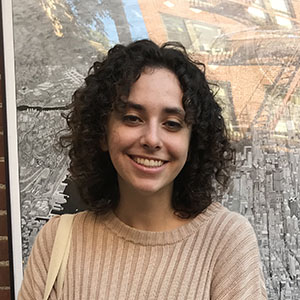
Jacqueline Zeisloft is a writer and editor whose work has appeared in the Nashville Scene and the Women’s Review of Books. She holds a B.A. in English literature from Belmont University and is a graduate of the Columbia Publishing Course. She currently resides in New York City.
